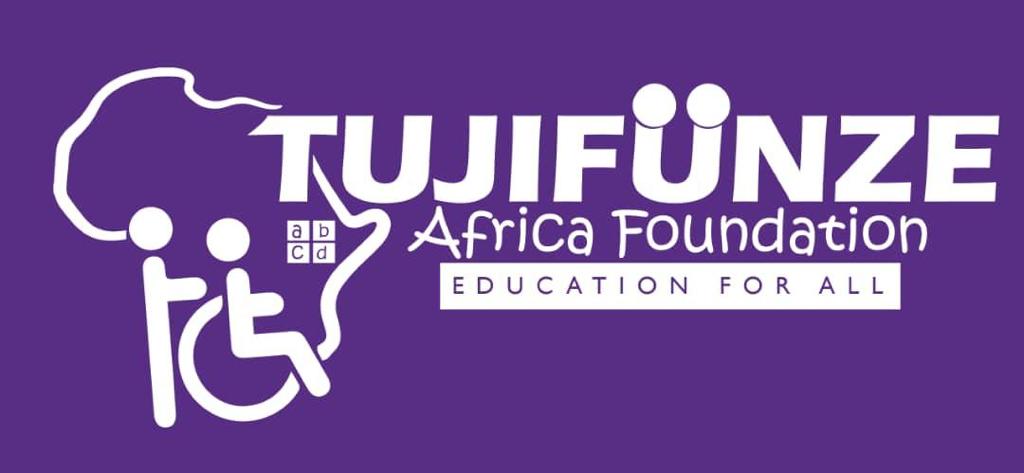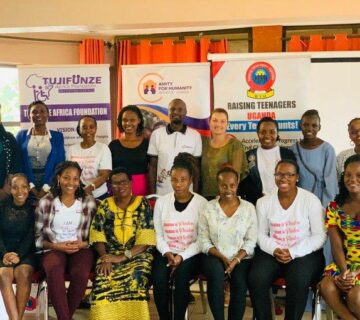‘The Commission on the Status of Women (CSW) is the principal global intergovernmental body exclusively dedicated to the promotion of gender equality and the empowerment of women. A functional commission of the Economic and Social Council (ECOSOC), it was established by ECOSOC resolution 11(II) of 21 June 1946.’
In 2023, CSW67’s priority theme will be “Innovation and technological change, and education in the digital age for achieving gender equality and the empowerment of all women and girls.”
As Member States negotiate Agreed Conclusion during CSW67, in March, Tujifunze Africa Foundation held a consultation on the CSW67 Youth and Adolescent Recommendation with young women in Kyambogo University in Kampala district on 11th January 2023 to capture voices of young women and their experiences in accessing technology and its related effects on their education.
The consultation saw 15 young women participate and share their lived experiences and recommendations on technology and innovation. The participants had an opportunity to express themselves, share their lived experiences and opinions and recommendations.
The young women started by identifying the groups of people left behind and out in discussions on technology and innovation and suggested measures on how these can be included. The groups identified included; girls and women with disability, young women in university, children, women and youth in rural areas. Some of the suggestions on how these groups of people can be included in conversations on technology and innovation going forward included ; holding consultations with these groups of people, meaningfully engaging the above groups of people in decision making and implementation of technology policies, training these groups of people on technology so that they can ably use technology and using peer to peer model ; where the above groups can learn and discuss technology form one another in their peer support groups at the grassroots and at school.
Some of the factors limiting access and effective use of technology by girls, girls with disability and women include; poverty, illiteracy,high internet costs, online harassment, gender stereotypes and biases and poor connectivity to mention a few.
“I grew up in the village in Kanungu district. We were poor and without access to technology. I recently accessed a smart phone while joining university. The first time I got to use a computer was at university during a computer lesson. I currently struggle to learn online during lectures because I still find it difficult to operate a computer and laptop.” said one participant.
Recommendations to these challenges included;
- The need for government through ministry of ICT to invest in technology infrastructure, regulate the content and usage of technology by setting up and implementing digital security laws to ensure safety of girls online.
- Government to conduct national digital literacy campaigns aimed at raising awareness and addressing digital illiteracy in the communities.
- Conduct rural electrification, provide free internet and technology devices like laptops to learners starting from primary to university level and provide solar power as an alternative source of energy.
- Build capacities of both teachers and learners in using technology.
- Invest in research on technology and innovation specifically focusing on girls and women with disabilities’ access and usage of technology to mention a few.
Access to technology by girls and women is a human right and is key to building equitable, resilient and sustainable communities. Tujifunze Africa Foundation advocates for access to technology to enhance digital learning for all and will join the world in celebrating the role technology play in achieving gender equality at the upcoming 67th Commission on the Status of Women.



No comment